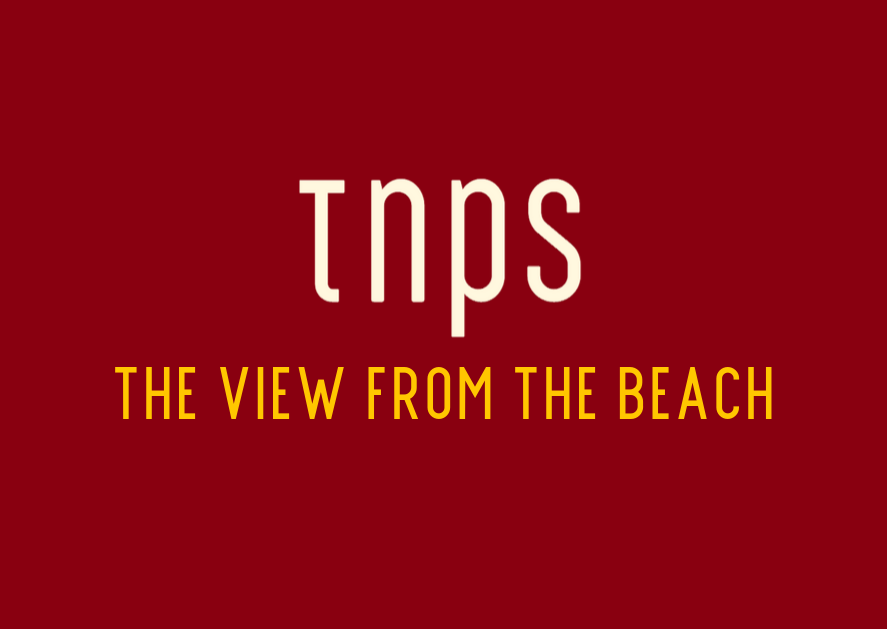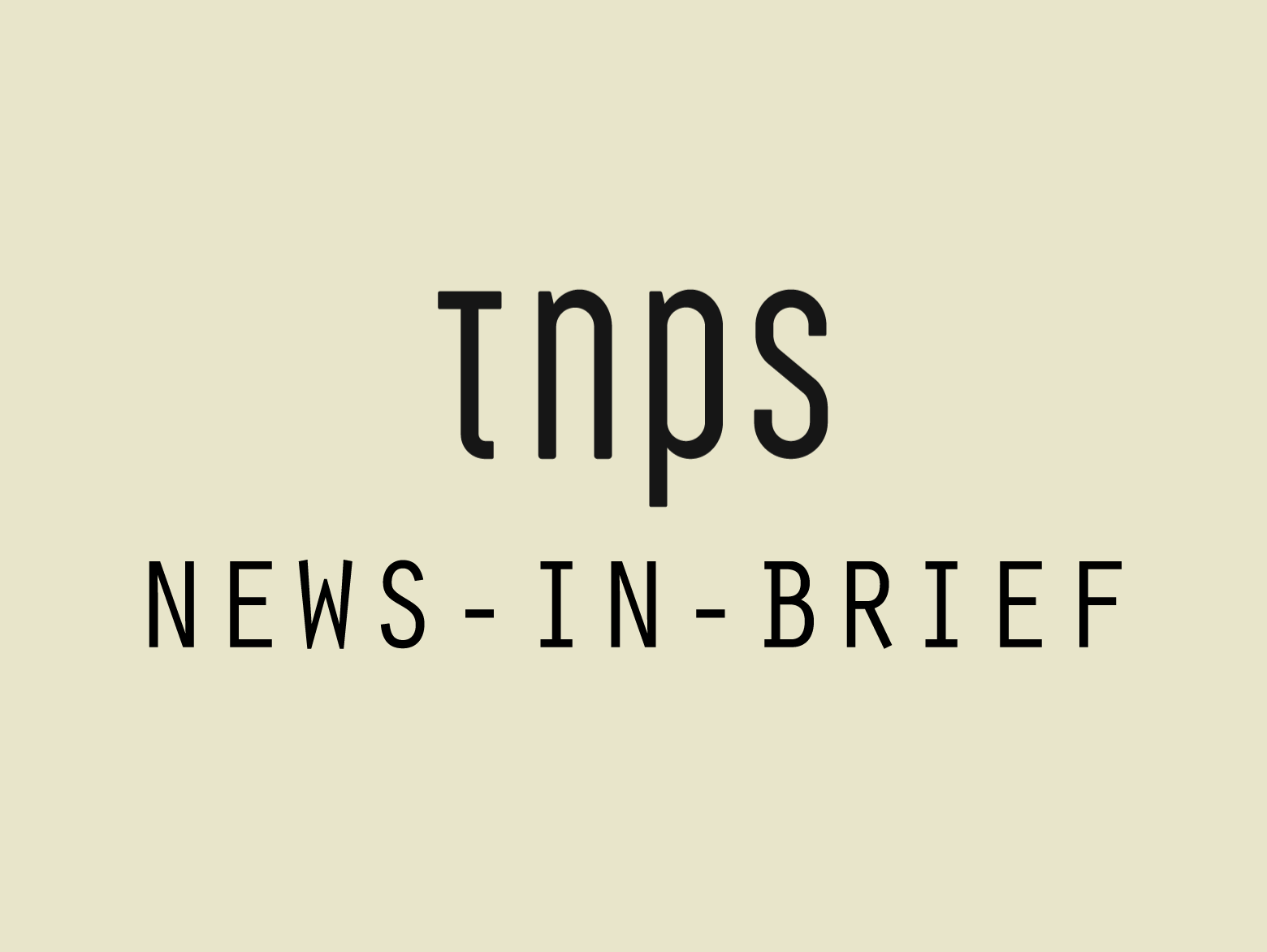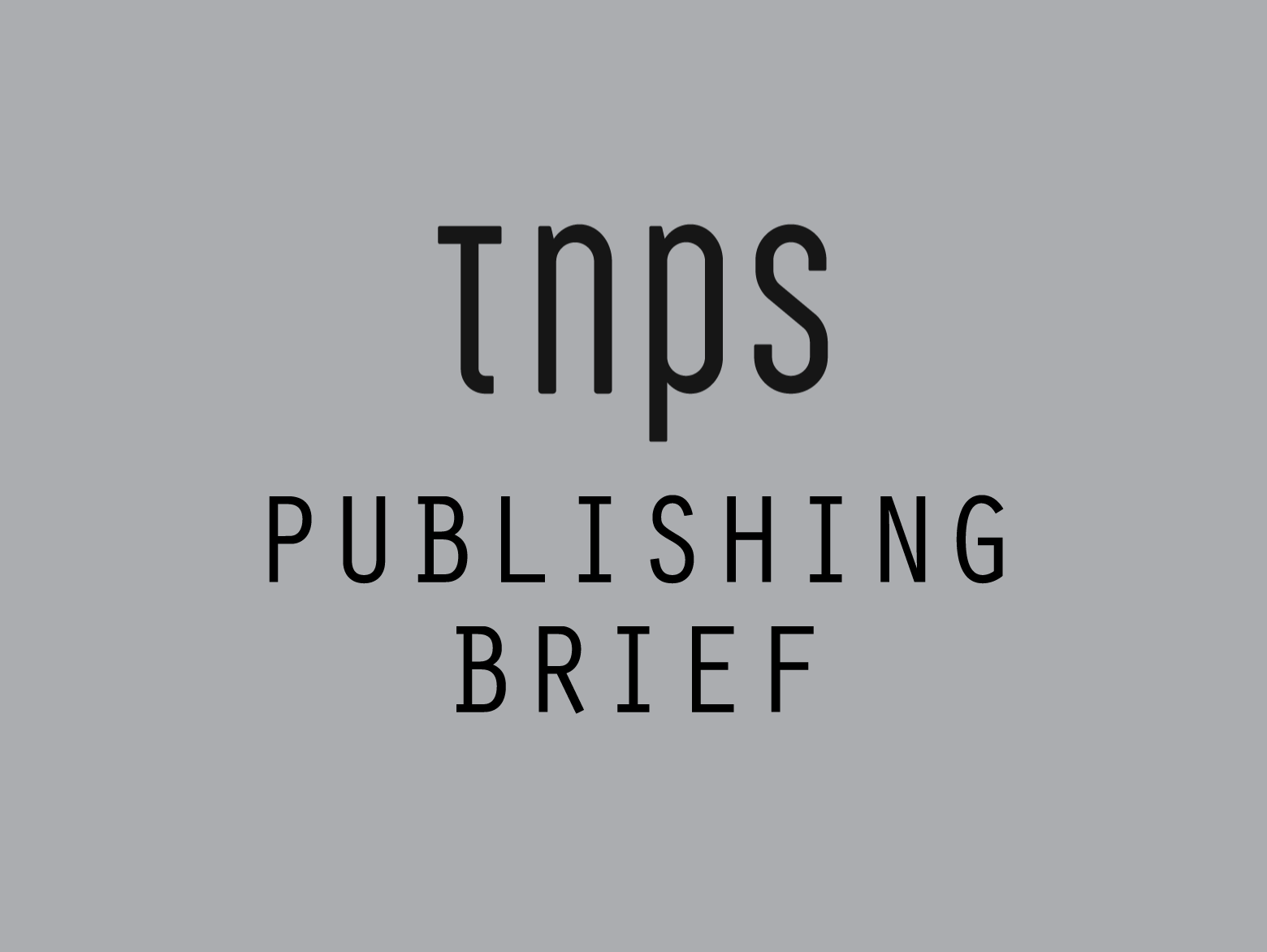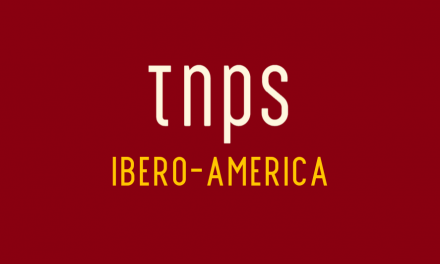“Not opening the floodgates” (Richard Sarnoff, KKR) is a concession that AI content will flow regardless, and the right way forward is to learn to manage that flow, not try to dam it.
Earlier this month, the Frankfurt Book Fair hosted the annual Global 50 CEO Talk, featuring insights from Jonathan Karp, CEO of Simon & Schuster, and Richard Sarnoff, Chairman of Media at private equity firm KKR, which owns Simon & Schuster.
The event, moderated by Austrian publishing industry consultant Rüdiger Wischenbart, gave us the first real opportunity to look back on the hugely controversial KKR buy-out of Simon & Schuster that for the first time put a “Big 5” publisher in the hands of an evil, asset-stripping, redundancy-obsessed hedge fund that would dump the company and its employees a few years down the road.
Or so the popular narrative went.
Here at TNPS we took a more sober view, arguing that private equity, for all its historically deserved reputation, had good and bad players, and tarring the all with the same brush served no useful purpose.

Referencing the KKR off-load of RBMedia, TNPS said:
The KKR-HIG Capital deal shows what is possible when the going is good. But keep in mind RBMedia, under KKR, literally doubled its value, earning KKR a half billion dollar profit. (KKR CEO) Peter Stavros can afford to be overly-generous. And digital publishing still has plenty of room to grow.
Other publishing sectors, especially print and bricks & mortar retail, not so much.
We can all hope KKR’s bid for S&S, if successful, will see that company expand and thrive, and employees, authors and the industry expand and thrive with it.
But for every enlightened KKR RBMedia deal there will be an Alden Global Capital deal happening that will remind us the shadow of Gordon Gecko lurk nearby.
A topic returned to just a few days later:

From that post:
The winner so far at least, is the industry. The foiled PRH buy-out was a narrow escape, but Rupert Murdoch’s Newscorp was lurking nearby, ready to bring on the industry consolidation Markus Dohle so wanted.
TNPS continued:
KKR CEO Pete Stavros will be listening carefully to Richard Sarnoff, and looking closely at what worked for RBMedia and what is working for OverDrive.
Markus Dohle famously said he had made a bet on print, and spent the decade since making sure PRH favoured print over digital at every turn.
Right now Stavros is making a bet on digital, safe in the knowledge that, as Elliott Advisers have shown, there’s also still plenty of life in the print-based traditional model that is Simon & Schuster’s core.
In the Simon & Schuster acquisition, Stavros gets the best of both worlds: the existing “traditional publishing” expertise of Simon & Schuster’s existing management, and laser-focus on digital from Sarnoff at KKR, which we can safely bet includes exploring all AI’s possibilities to make Simon & Schuster as profitable as possible with a view to a sale down the road.
Fast-forward October 2024 at the Buchmesse, and the real value of the KKR buy-out shines through as other big publishers cling desperately to the AI fence for fear of upsetting the Luddite fringe.
This was TNPS in September:
And, an area still to be explored fully, AI can help bring multi-format products to markets previously inaccessible for reasons of economics – for example indigenous language markets. Incomprehensible though it may be to us in the rich west, most of the world does not speak English or Spanish.
It is these currently fringe arenas of opportunity where AI will really come into its own, allowing trade publishers to, for example, deliver quality multi-language audio content to audiences in less-developed countries where poor educational opportunities mean most people do not or cannot read.

This was Richard Sarnoff in October:
“We have a lot of authors who are super progressive and really want to have experimentation across formats, et cetera. When it comes to AI voice, the only economic way to publish an audio book in 12 different Indian dialects would be through AI, it’s a question of do you want it out there or do you not want it out there?“
TNPS elaborated: If trade CEOs and reps could stare-down the Luddite fringe and go out and explain to regular authors what is possible if AI companies are given full training access to trade works, we might see a very different response from authors currently being led by the nose by the Scaremongering Society and company (For which read the Society of Authors).
The first trade CEOs to clamber off the fence will, like Wiley before them, put themselves at the forefront of this nascent market, offering new revenue streams and opportunities for growth. And so long as they do so transparently and ensure the rewards are fed back to the authors, this can only be a good thing for all.
Simon & Schuster is taking the lead here, despite some words of caution from Sarnoff.
Sarnoff: “I don’t think we are looking to open the floodgates of AI authoring. Within a very short period of time, you will have a massive amount of AI content vomited forth right at you, more than you can possibly imagine, because it’s going to be created so rapidly. And at the same time, I think we’re going to have a readership that cares enough and is discerning enough to want to have material that is human created and edited. (….) That’s how we’re going to wade through an absolute morass of AI generated content that will be OK but not great.“
The above quotes from the Buchmesse event are courtesy of All About Digital Publishing, meaning I’ve not yet seen the full video of the event to see any other caveats or concerns S&S/KKR may have raised, but a key phrase here is this: “I don’t think we are looking to open the floodgates of AI authoring.”
This is a world apart from the rants, snarls and sneers of the Society of Authors and other Luddite leaders determined to demonise AI at all costs, and music to the ears of those who recognise AI-enabled authorship is the next stage in the evolution of the industry, with noticeable parallels with a previous decade’s bogeyman-du-jour, self-publishing.
Those are parallels to be explored in a future TNPS op-ed. Here just to stress that “not opening the floodgates” is a concession that AI content will flow regardless, and the right way forward is to learn to manage that flow, not try to dam it.
Gordon Gekko, to bring this full circle, would no doubt have loved AI for its potential to obliterate human-produced culture in the pursuit of a quick buck, but KKR is saying clearly that while there will inevitably be “an absolute morass of AI generated content that will be OK but not great,” there will always be “a readership that cares enough and is discerning enough to want to have material that is human created and edited.”





